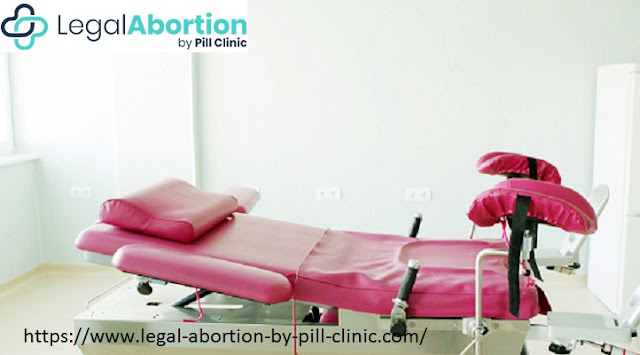Even after a medical abortion, your doctor will advise you to make sure that the abortion were successful, that the pregnancy was terminated completely, or that none of the tissues were in the uterus. If you have had a medical abortion and have a scan - up, the Nova Ring can be reinstated if the doctor says it is complete. After a surgical abortion, you can also insert it for aftercare, which can be as simple as "Don't put anything in your vagina for a week.
If your menstrual cycle does not become regular within three months of your miscarriage, contact your doctor to find out why, so visit the best abortion clinic. If you suspect that your cycle may not start or stop as expected, call the doctor immediately. Register all bleeding you experience after the abortion, and if you do not begin your period after an abortion for 8 weeks, a woman should talk to her doctor.
 |
| Best Abortion Clinic in USA |
It is a good idea to talk to your nurse or doctor about birth control as soon as possible, and they can help you find the right method for you. For more information on starting contraceptives, how to get the abortion pill and get pregnant immediately after an abortion, research well over it.
Your Gynae will want to know detailed information about several menstrual cycles, including the date when your period began and how long your bleeding lasted. If you track your post - abortion bleeding on Clue, you can rule out some cycles and it will affect your predictions.
It is possible that you have one or more adulatory cycles, which means that you are not really eager and you are getting your period. If you did not have a period within a week of your miscarriage, you may not have had your periods in the first week after the abortion.
If we add all the variations of menstrual cycles, it becomes clear that knowing about the menstrual cycle is not sufficient protection against unplanned pregnancy. Start exercising as soon as possible, even two weeks before your period, and you are protected from pregnancy!
The first time after a drug-induced abortion can be difficult and have more clots than normal. Once the recovery from bleeding has subsided, you begin to prepare your body for an abortion that can take several weeks.
In some cases, people feel indifferent or upset after this procedure. If you are suffering from negative emotions and having feelings that they are interfering with your daily routine, then you must consult with a healthcare professional. They provide complete help and therapy to get rid of feelings. It is the important question which every woman before taking abortion pills.
For the more information, search Abortion clinics near me and find the best medical solution related to your pregnancy issue.


















